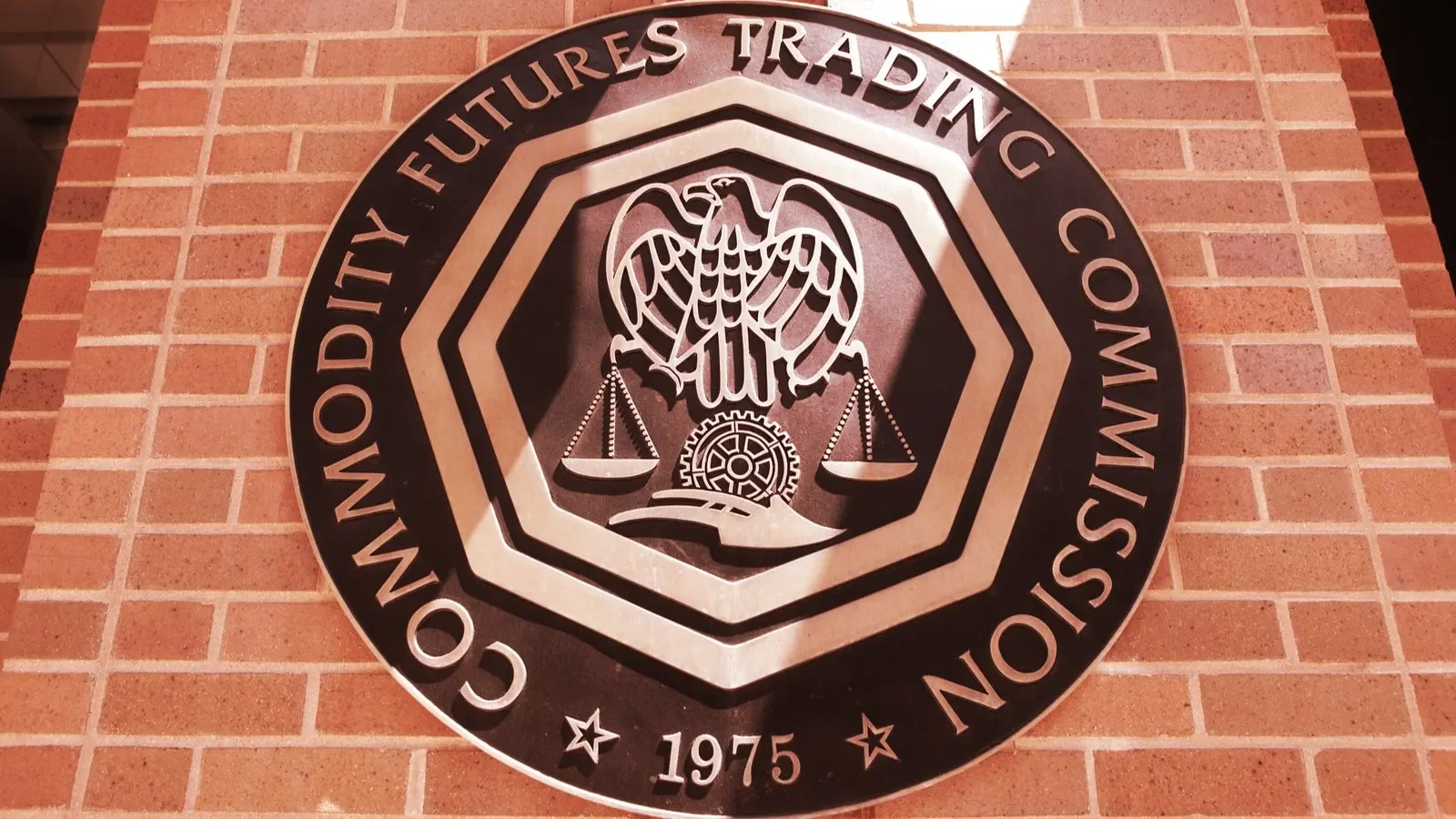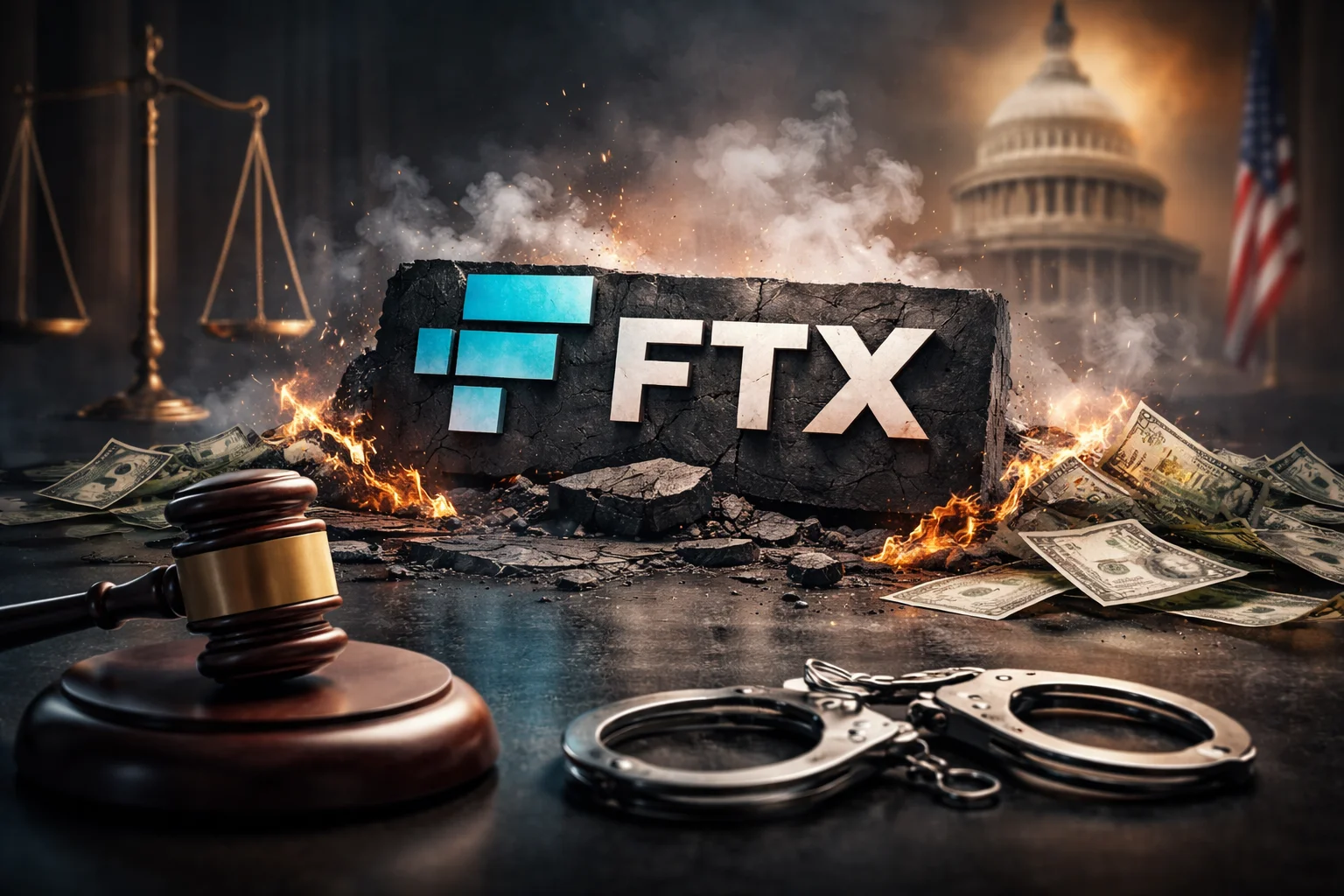The US is on the cusp of a new era in crypto markets. Caroline Pham, the interim chair of the Commodity Futures Trading Commission (CFTC), announced that legislation is underway to authorize leveraged spot crypto trading. If implemented, investors will be able to trade spot crypto with leverage on regulated platforms within the US for the first time. This move could bring liquidity, which has long been diverted to offshore exchanges, back to the US and pave the way for the country to gain a more active position in the crypto markets.
Critical crypto move in the US
Caroline Pham, the interim chair of the US Commodity Futures Trading Commission (CFTC), confirmed that they are preparing to authorize leveraged spot crypto trading nationwide. Pham stated that they are in discussions with regulated US-based exchanges and that the first leveraged spot products could launch next month.

In a post on X, Pham officially confirmed the process, saying, "We are working towards allowing leveraged spot crypto trading in the US." She also noted that despite the partial government shutdown, discussions with industry representatives are ongoing. The CFTC is reportedly considering issuing guidance for these products.
This development follows the CFTC's "spot cryptoasset contracts" initiative launched in August. This initiative aimed to gather public input on rules for retail commodity transactions conducted with collateral or financing. According to Federal Register data, "leveraged or secured retail commodity transactions" fall under the CFTC's jurisdiction as long as delivery is not made within 28 days. This means that leveraged spot trading is legal in the US only for certain periods and under certain conditions.
According to CoinDesk, Pham is currently in direct talks with large CFTC-registered financial institutions and crypto-focused platforms. These institutions include major players like CME, Cboe Futures Exchange, and ICE Futures, as well as Coinbase Derivatives, Kalshi, and Polymarket US. The focus of the discussions is on the creation of new spot crypto trading infrastructures that include leverage, margin, and financing. This will allow investors to access instruments previously only available on overseas exchanges through regulated US markets.
Pham emphasized that this process aligns with the recommendations of the Presidential Working Group on Digital Assets. According to these recommendations, institutions should use their existing legal authority to regulate digital asset markets while Congress drafts new legislation. "We are swiftly utilizing our existing authority while continuing to work with Congress on regulatory clarity," Pham said.
If the plan goes through, the US will become the first major economy to allow leveraged spot crypto trading within its borders. This step could increase both transparency and investor protection, but it could also lead to a significant repatriation of liquidity from overseas markets to the US. Leveraged spot trading in a regulated environment could accelerate the integration of digital assets into the US financial system by increasing the participation of institutional investors.




